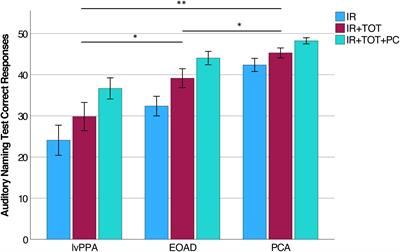EDITORIAL
Published on 30 Apr 2024
Editorial: New insights into atypical Alzheimer's disease: from clinical phenotype to biomarkers
doi 10.3389/fnins.2024.1414443
- 759 views
- 1 citation
3,593
Total downloads
13k
Total views and downloads
EDITORIAL
Published on 30 Apr 2024
ORIGINAL RESEARCH
Published on 09 Apr 2024
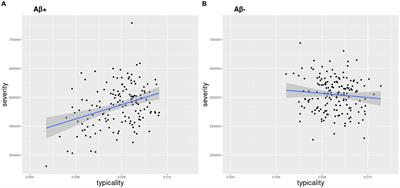
ORIGINAL RESEARCH
Published on 21 Mar 2024
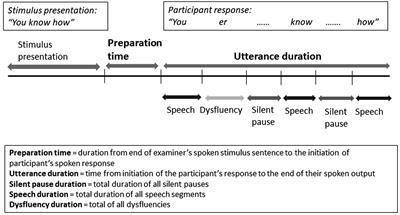
ORIGINAL RESEARCH
Published on 18 Mar 2024
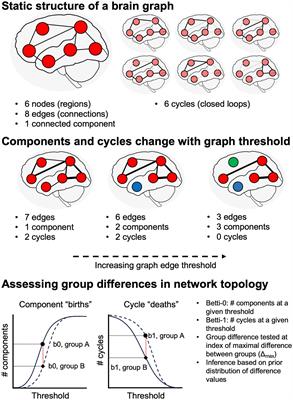
PERSPECTIVE
Published on 28 Feb 2024
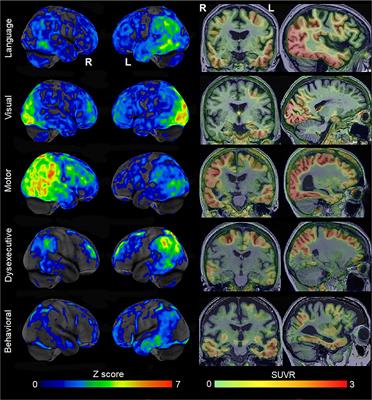
ORIGINAL RESEARCH
Published on 06 Feb 2024
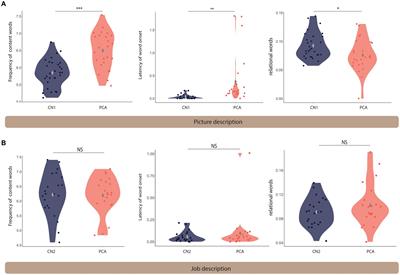
ORIGINAL RESEARCH
Published on 24 Jan 2024
